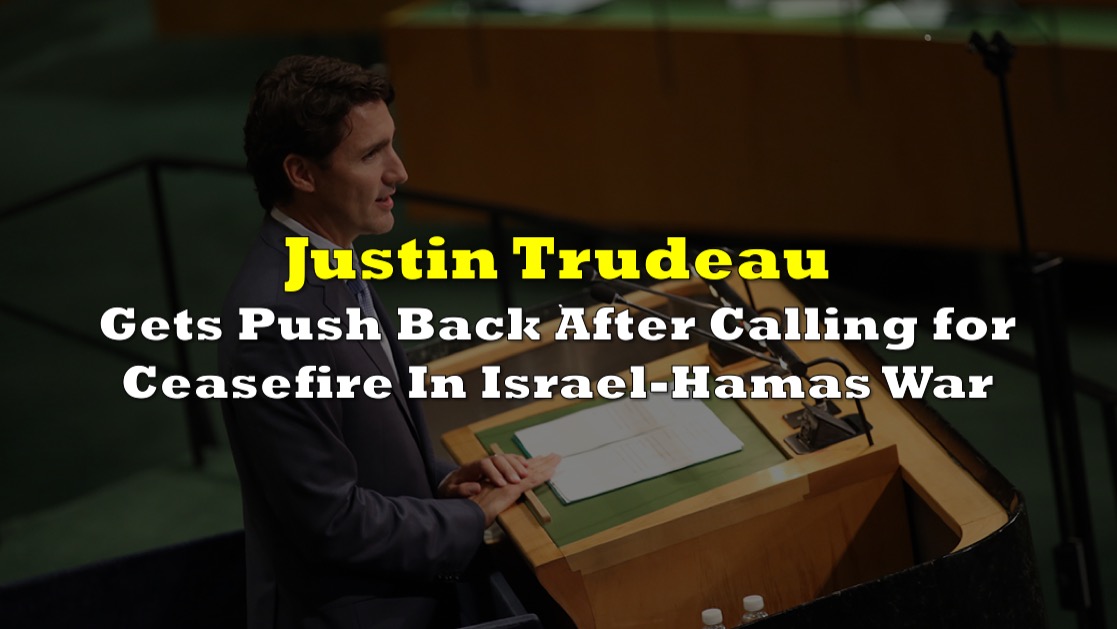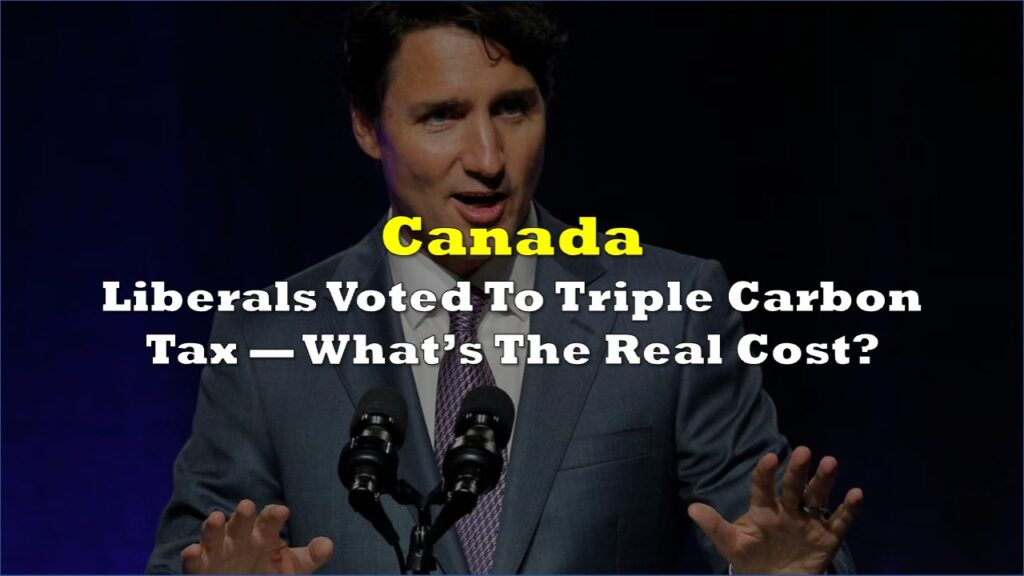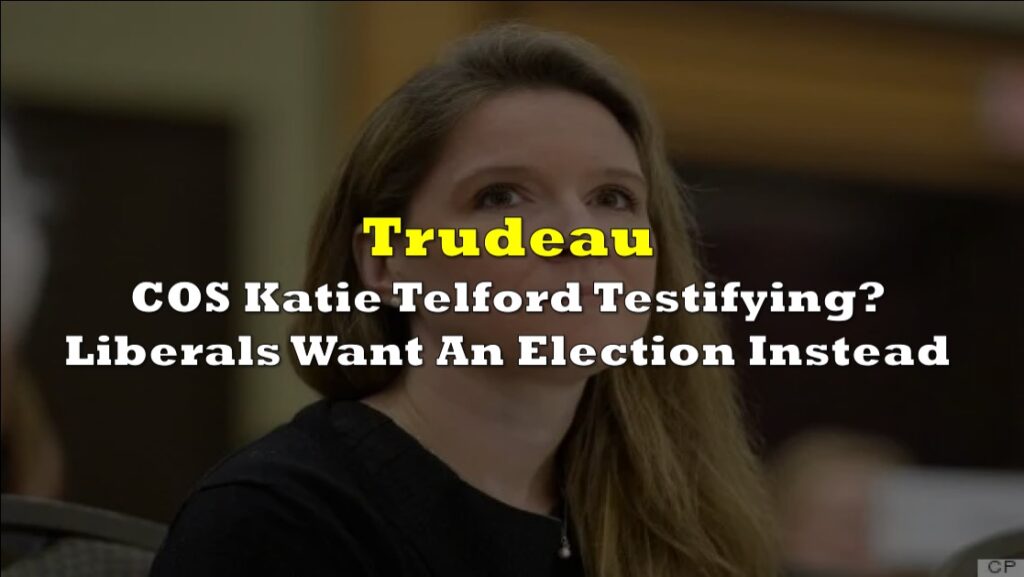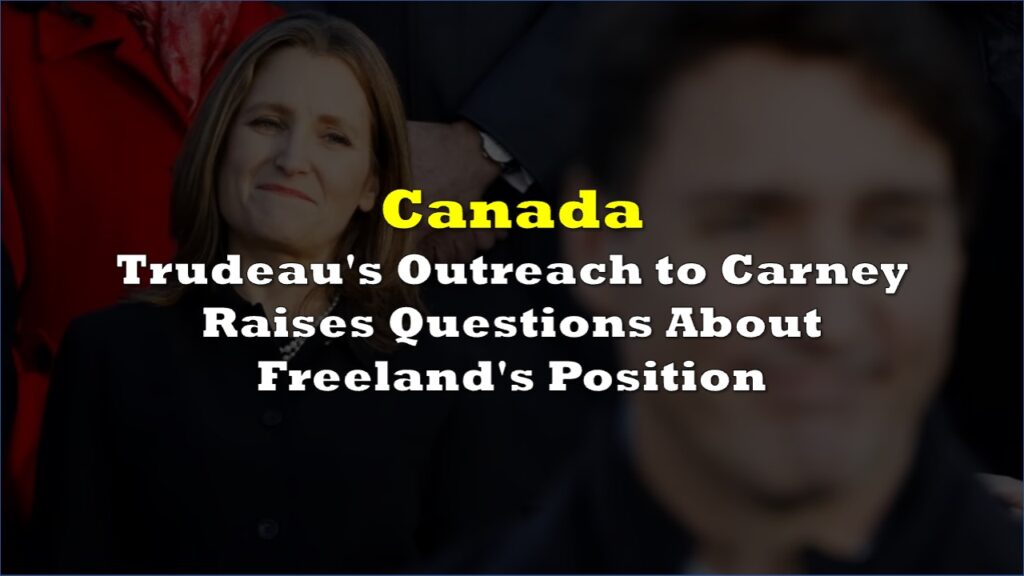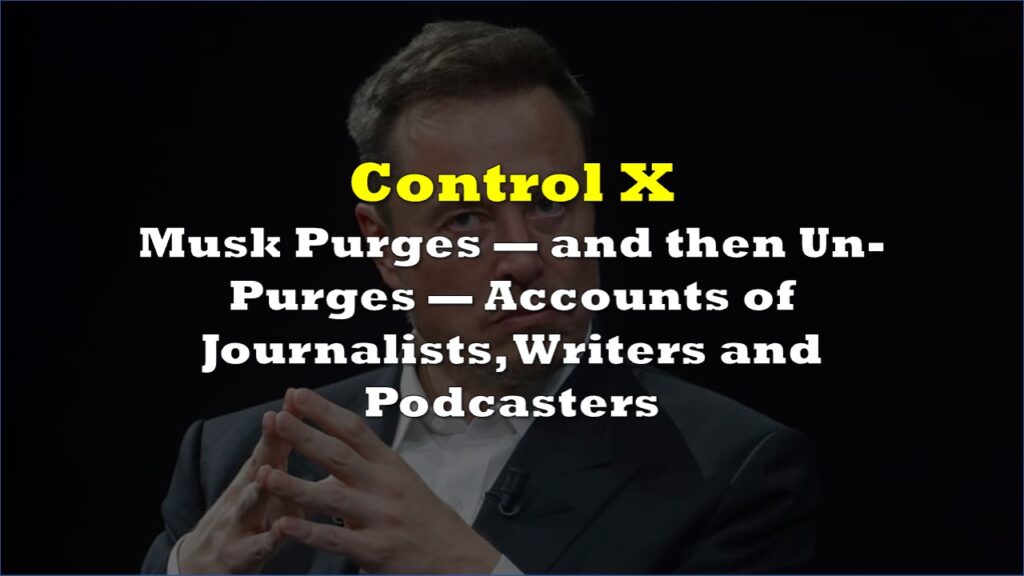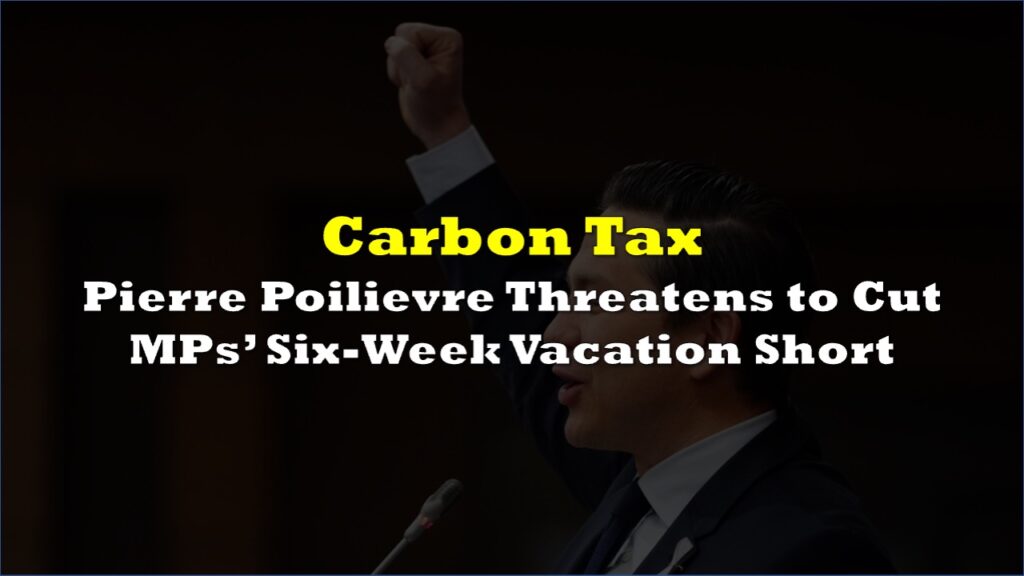Prime Minister Justin Trudeau is facing backlash for Canada’s vote at the United Nations General Assembly, calling for a ceasefire in the ongoing Israel-Hamas conflict. The move has ignited criticism, with some accusing Canada of displaying a hypocritical foreign policy stance.
The controversy stems from Canada’s initial statement, which outlined conditions for a ceasefire, including demands that Hamas release hostages, cease using Palestinians as human shields, lay down its arms, and surrender control of Gaza. Canada also reiterated its support for Israel’s right to exist and defend itself while condemning Hamas for heinous acts, including sexual violence on October 7.
However, only hours later, Canada voted in favor of a UN General Assembly resolution supporting a ceasefire. Critics argue that the resolution fails to hold Hamas accountable for war crimes, neglects to condemn these actions, and refrains from urging Hamas to disarm and surrender.
Justin Trudeau joins the jackals.
— Hillel Neuer (@HillelNeuer) December 12, 2023
Britain, Netherlands, Germany & 30 others refused to support a text that failed to condemn Hamas and calls into question Israel's right to defend itself.
But you, @JustinTrudeau, you voted for it—with Iran, Russia, Syria, Libya & North Korea. https://t.co/t4hBzVVqTs
The rapid shift in Canada’s stance has raised questions about the decision-making process. Foreign Minister Melanie Joly confirmed consulting with other countries but notably excluded Israel from discussions, adding another layer of concern.
The Canadian Jewish community expressed disappointment, emphasizing that the vote will contribute to heightened antisemitism in Canada. The decision, especially during the celebration of Chanukah, is perceived as a disregard for Israel’s right to defend itself and an affront to the community.
Empty words. You just voted for a UN resolution that intentionally and explicitly excluded those considerations.
— CIJA (@CIJAinfo) December 13, 2023
Minister @melaniejoly, you cannot have it both ways. #cdnpoli https://t.co/bYqK0RWtpo
Former Liberal MP and Chair of the House of Commons Foreign Affairs Committee Michael Levitt expressed dismay, noting that the resolution failed to condemn Hamas for its atrocities on October 7, including murder, rape, and torture. The shift in policy sends a clear message that the Canadian government may not fully support its Jewish population.
As a former Liberal MP and Chair of the House of Commons Foreign Affairs Committee, I am appalled to see Canada’s policy shift at the United Nations General Assembly today, that directly contradicts prior statements from this Government, by supporting a resolution that failed to… pic.twitter.com/SqjeAf5aWE
— Michael Levitt 🇨🇦 (@LevittMichael) December 12, 2023
Despite the controversy, Joly clarified the country’s position, expressing concerns about Israel’s military conduct in Gaza, highlighting the need to protect Palestinian civilians. She mentioned that Canada would eventually support an “accountability system” to investigate Israel’s military actions but stopped short of demanding an immediate ceasefire.
As the UN General Assembly is expected to vote on a non-binding resolution demanding an immediate humanitarian ceasefire between Israel and Hamas, Canada’s stance remains under scrutiny. Joly stated that Canada is still evaluating different versions of the resolution and negotiating potential amendments.
After his speech explaining Canada’s vote in favor of the ceasefire resolution, Bob Rae’s mic appears to have still been on before the next speaker began, and he can be heard saying with a hearty chuckle to a neighbor, “We’ll see how that flies!” pic.twitter.com/rat6TOdbDx
— Jakeet Singh (@jakeetsingh) December 12, 2023
Information for this briefing was found via the CBC and the sources mentioned. The author has no securities or affiliations related to the organizations discussed. Not a recommendation to buy or sell. Always do additional research and consult a professional before purchasing a security. The author holds no licenses.

